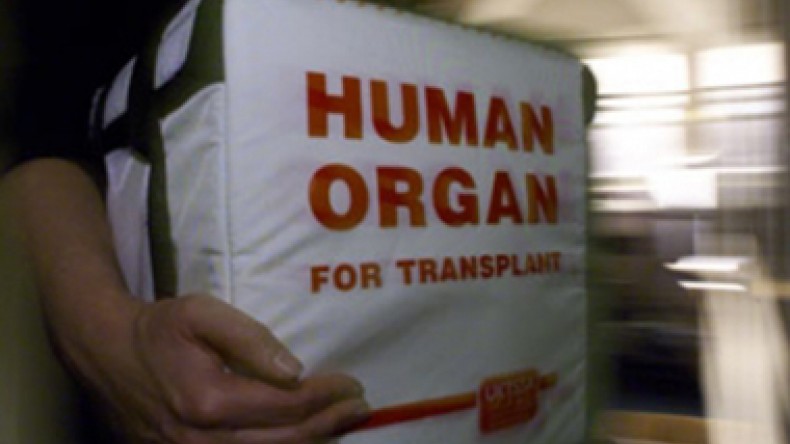
Group of Israelis engaged in illegal transplants and organ trafficking in Azerbaijan rendered harmless
Israeli prosecutors charged seven Israelis with international organ trafficking and organizing illegal transplants in Azerbaijan, Sri Lanka, Turkey and Kosovo, using paid local donors for Israeli recipients, the Justice Ministry of Israel said, as the Lebanese information portal Naharnet reports citing Agence France Presse.
"The accused ran a real business in trafficking organs, on dozens of occasions over the course of years, exploiting the financial distress of the donors and the health crisis of the recipients for economic gain," the Ministry report said.
According to the article, Zaki Shapira, head of transplants at Beilinson hospital near Tel Aviv until 2003, was among the defendants. According to the statement of the Ministry, with the aid of his reputation, Doctor Shapira helped to organize the entire process of finding potential recipients. Citing the Israeli Medical Association website, the author of the article notes that the health ministry regulations prohibit "any form of organ trading as well as transplants of organs received in exchange for money."
Azerbaijani news portal Haqqin.az adds that 3 of the defendants are Russian-language returnees who came to sight in Ukraine and Azerbaijan. Haqqin.az writes that the portal IzRus reported that 5 of the 7 suspects were detained in May 2012 by the investigators of the Israeli Police organization Lahav 433. The police have revealed their names: Boris Volfman, 31, from Ashdod; Miriam Rabinovich, 67, from Holon; Avigad Sandler, 67, from Petah Tikva; Albert Mordehayev, 40, from Ashdod; and Moshe Harel, 65, from Ramla. Two more suspects, Roini Shimshilashvili and Zaki Shapira, were detained later.
“Volfman in particular is accused of looking for donors who would agree on selling their kidney. Mordehayev and Shimshilashvili worked in Sri Lanka and Turkey where they met the donors sent by Volfman. The donors found by the network members in Russia, Moldova, Kazakhstan and other CIS countries, as well as in Turkey, sold their organs for 10 thousand dollars. The recipients paid the criminals 100 thousand dollars for the transplants. The police say the donors who have sold their kidneys and other organs have not been explained what can be the medical consequences of the operation, and have not been provided with proper care,” the article reads.
Azerbaijan appeared in the center of illegal transplant scandal in 2010. At that time the Ministry of Internal Affairs of Ukraine reported about detaining 12 members of a group engaged in illegal transplants which carried out the majority of the operations in Azerbaijan. The head of the Department on Combating Cybercrime and Human Trafficking of the Interior Ministry of Ukraine, Yuri Kucher, said that the Azerbaijani clinics provided the Ukrainian doctors with the opportunity to carry out the illegal operations.
The independent experts said that despite the fact that the Ukrainian TV reported the clinics that were engaged in illegal transplants in Azerbaijan, as well as the names of certain doctors, the Azerbaijani police took no action. The experts explain this by saying that the Azerbaijani law enforcement agencies serve the politics rather that the law. The topic was not covered by the Azerbaijani TV.
Only after the appeal of the law enforcement agencies of Ukraine did the Prosecutor General's Office and the Ministry of Internal Affairs publish the results of the investigation of the illegal transplants of human organs in Baku on November 24, 2010. A group was revealed to have organized the illegal transplants of different foreign state citizens’ kidneys in Azerbaijan International University Medical Center in 2009. People involved in the illegal transplants groups that are connected with Azerbaijan are still being arrested in different countries.
Newsfeed
Videos






























